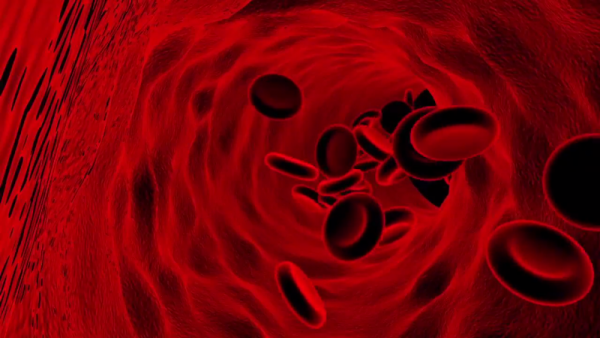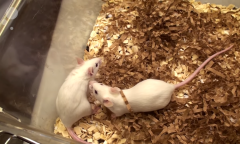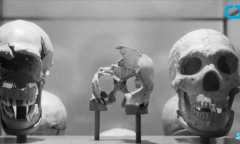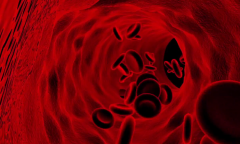By KM Diaz, | May 20, 2017

Two new recent studies took a step closer in the development of "limitless artificial blood supply." (YouTube)
One of the most vital components of the body is blood, but one of the possible ways of producing huge amount is through blood transfusion. But two new recent studies took a step closer in the development of "limitless artificial blood supply," and might be a major breakthrough in producing mass artificial blood in the future.
Like Us on Facebook
In the first new study, researchers produce different kinds of blood stem cells to provide several types of human blood cells when transfused into mice. Over the past years, this research is considered to be a first step as health experts believe that understanding how to turn stem cells into the artificial blood will eventually lead to the first ever major breakthrough.
Dr. George Daley, Dean of Harvard medical School, said that their work is the end of 20 years of effort as it is now possible to model human blood function in humanized mice. This is also an important step in identifying how to cure certain blood diseases.
Stem cells are essential as they can be transformed into different types of cells. Past studies have been able to stimulate stem cells to become blood cells, but the problem is the level of production is too small to use it in medical settings.
For example, a recent research in March allows researchers from England to produce approximately 50,000 red blood cells by inducing stem cells to transform into red blood cells. However, according to BBC, about trillions of blood cells are needed in an average bag of blood.
Another challenge in developing limitless artificial blood supply is the potential risk of blood cells to become cancerous. One of the main characteristics of blood is that it is capable to self-renew and produce more for itself, this is also the main key of tumors.
Meanwhile, in the second study, researchers from the Cornell University, New York produce artificial mouse blood, and then they successfully transfused it into living mice. The artificial blood provides immune blood cells when the immune system of the mice was removed. The result indicates that artificial blood could help patients with immune disorders.
Currently, both studies were only applicable to animal models since researchers are not yet ready to conduct human trials, so they still rely on human blood donations. According to American Red Cross, 36,000 units of red blood cells are needed each day, and patients are in need of blood donation every two seconds.
-
Use of Coronavirus Pandemic Drones Raises Privacy Concerns: Drones Spread Fear, Local Officials Say

-
Coronavirus Hampers The Delivery Of Lockheed Martin F-35 Stealth Fighters For 2020

-
Instagram Speeds Up Plans to Add Account Memorialization Feature Due to COVID-19 Deaths

-
NASA: Perseverance Plans to Bring 'Mars Rock' to Earth in 2031

-
600 Dead And 3,000 In The Hospital as Iranians Believed Drinking High-Concentrations of Alcohol Can Cure The Coronavirus

-
600 Dead And 3,000 In The Hospital as Iranians Believed Drinking High-Concentrations of Alcohol Can Cure The Coronavirus

-
COVID-19: Doctors, Nurses Use Virtual Reality to Learn New Skills in Treating Coronavirus Patients













